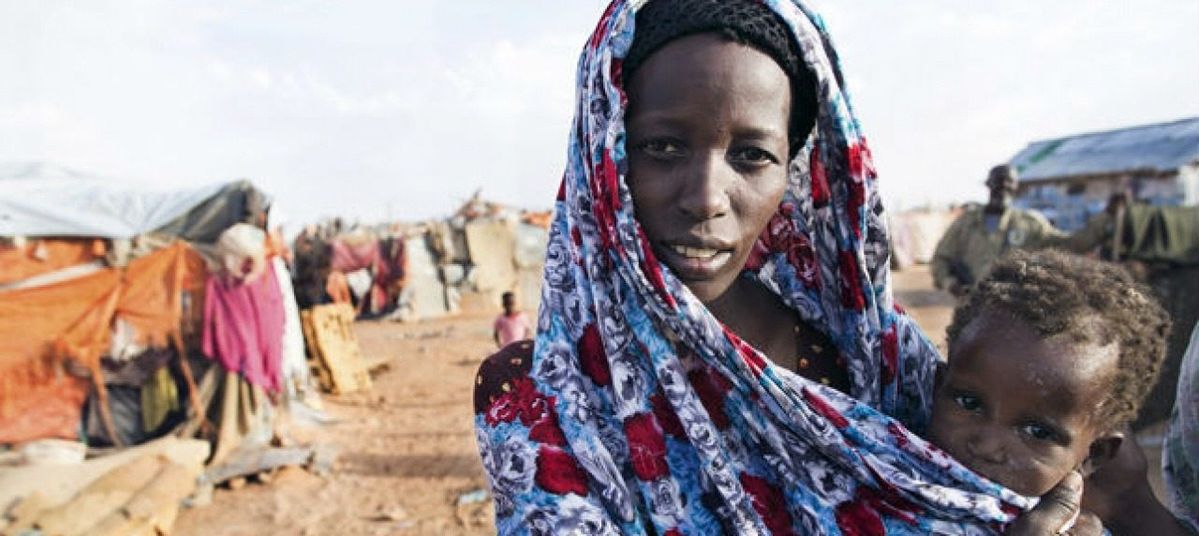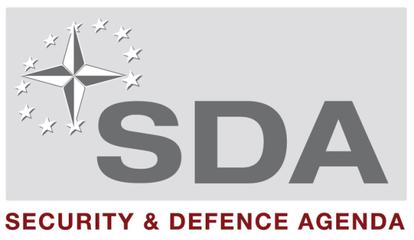From ambition to action: building Europe’s Defence Union
Past event In person

- Area of Expertise
- Peace, Security & Defence

Sexual violence in war zones is a global crime affecting women, men and children in many parts of the world. A 2014 United Nations report points to recent cases of such violence in 21 countries wordwide. Human Rights Watch observers suggest that between 200,000 and 500,000 women were raped in Rwanda during the genocide. UN agencies estimate that more than 60,000 women were raped during the civil war in Sierra Leone (1991- 2002), more than 40,000 in Liberia (1989-2003), up to 60,000 in the former Yugoslavia (1992-1995), and at least 200,000 in the Democratic Republic of the Congo since 1998. In Eastern Bosnia there existed a systematic campaign of rape as a weapon of war. The International Criminal Tribunal for the former Yugoslavia (ICTY) estimates put the number of women raped at up to 35,000, the majority of them Bosnian Muslims.
Ending conflict-related sexual violence is of fundamental importance to international peace and security. Whilst it disproportionately affects women and girls, many men and boys are also victims. The overwhelming majority of this violence goes unpunished and becomes part of the cycle of violence that perpetuates conflict. It is also a major factor in refugee flows, and often condemns the victims to lives of poverty, slowing national economic development. This global scourge should be at the heart of how we view conflict prevention and foreign policy in the 21st century.
Challenges remain stronger than ever and there is still much to be done to tackle sexual violence in conflict. How can international organisations and governments better work together to improve international co-ordination? What are the measures required for improved monitoring, accountability, and enforcement to protect women and men from sexual violence? How to ensure sexual and gender based violence responses are fully integrated in all peace and security efforts? How can the international community better work with local actors to make them part and parcel of these efforts?


Past event In person

Next event

Past event Online

Past event Online





We use cookies and similar technologies to adjust your preferences, analyze traffic and measure the effectiveness of our campaigns. Learn more about our privacy policy.